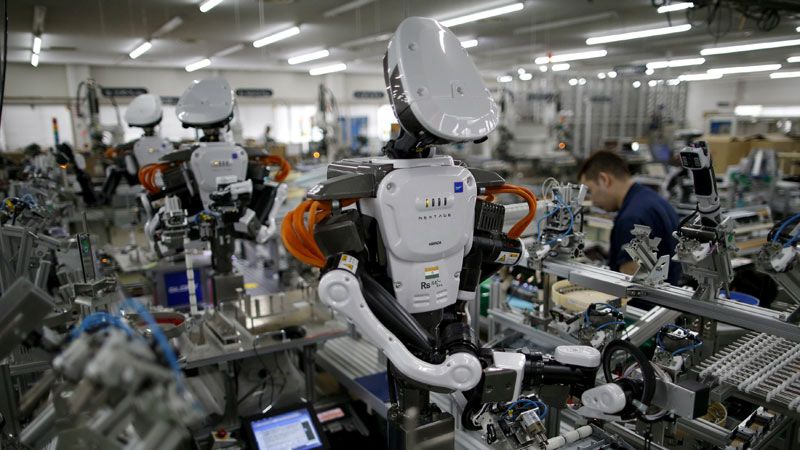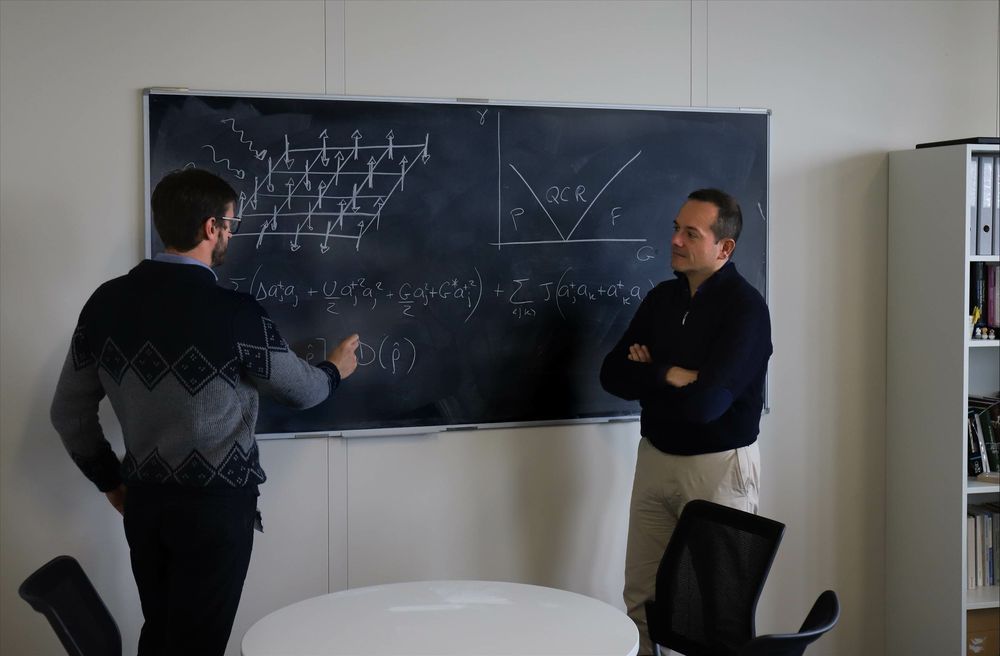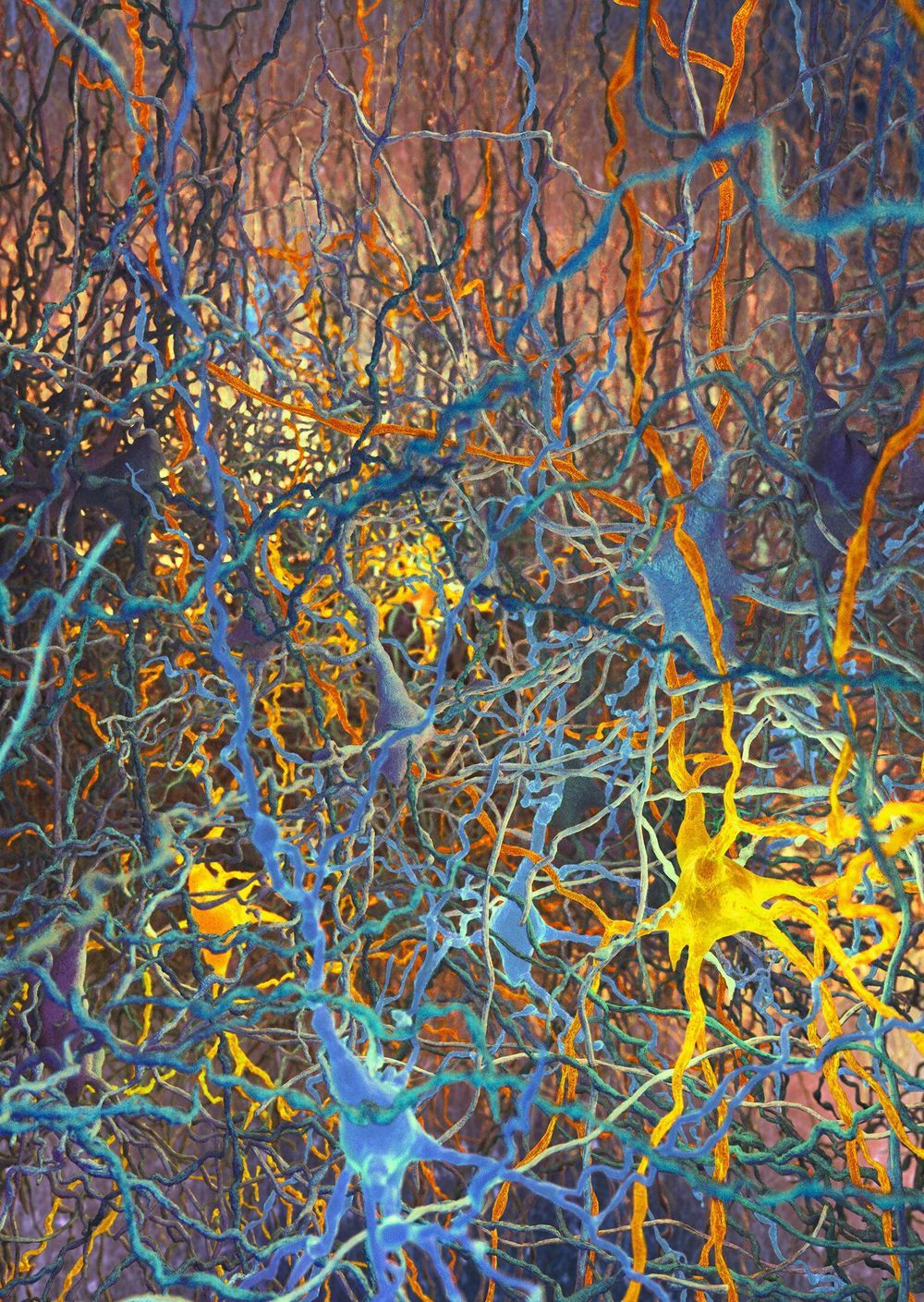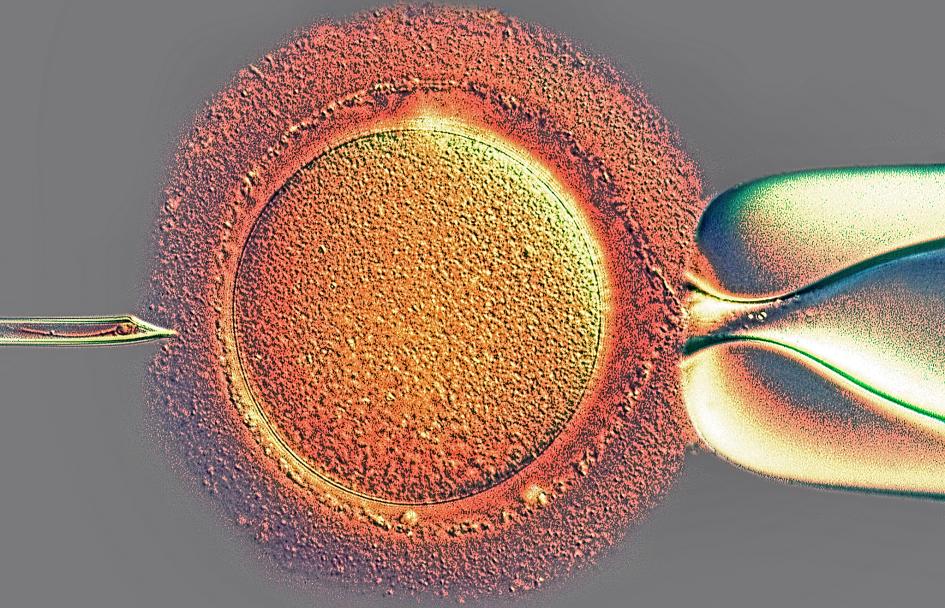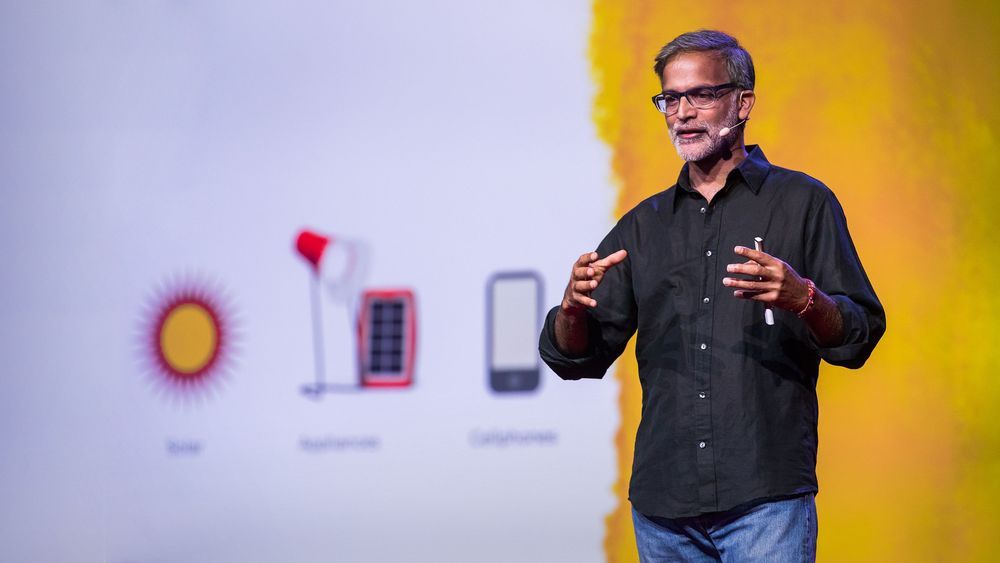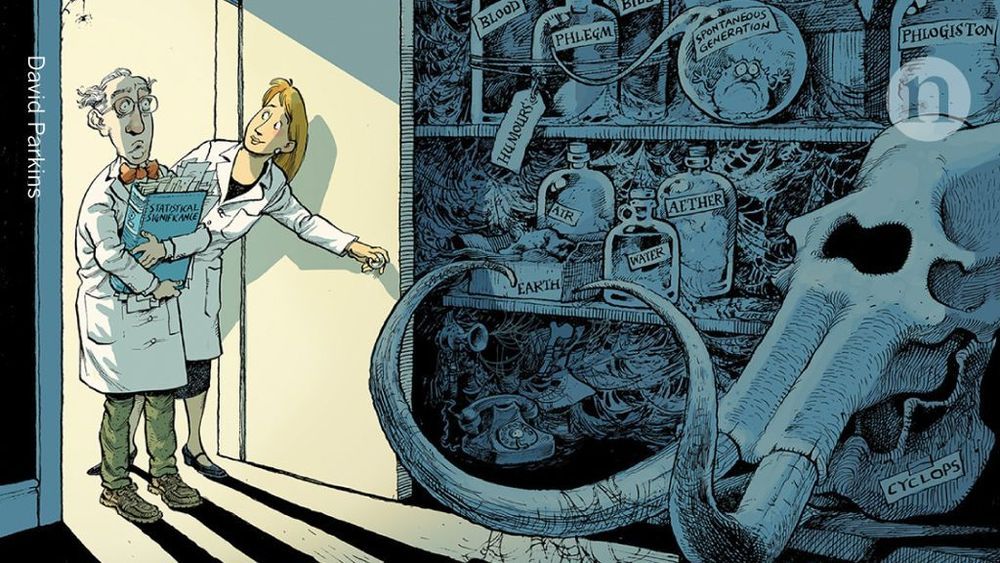https://paper.li/e-1437691924#/
Geoffrey Rockwell and Bettina Berendt’s (2017) article calls for ethical consideration around big data and digital archive, asking us to re-consider whether. In outlining how digital archives and algorithms structure potential relationships with whose testimony has been digitized, Rockwell and Berendt highlight how data practices change the relationship between research and researched. They make a provocative and important argument: datafication and open access should, in certain cases, be resisted. They champion the careful curation of data rather than large-scale collection of, pointing to the ways in which these data are used to construct knowledge about and fundamentally limit the agency of the research subject by controlling the narratives told about them. Rockwell and Berendt, drawing on Aboriginal Knowledge (AK) frameworks, amongst others, argue that some knowledge is just not meant to be openly shared: information is not an inherent good, and access to information must be earned instead. This approach was prompted, in part, by their own work scraping #gamergate Twitter feeds and the ways in which these data could be used to speak for others, in, without their consent.
From our vantage point, Rockwell and Berendt’s renewed call for an ethics of datafication is a timely one, as we are mired in media reports related to social media surveillance, electoral tampering, and on one side. Thanks, Facebook. On the other side, academics fight for the right to collect and access big data in order to reveal how gender and racial discrimination are embedded in the algorithms that structure everything from online real estate listings, to loan interest rates, to job postings (American Civil Liberties Union 2018). As surveillance studies scholars, we deeply appreciate how Rockwell and Berendt take a novel approach: they turn to a discussion of Freedom of Information (FOI), Freedom of Expression (FOE), Free and Open Source software, and Access to Information. In doing so, they unpack the assumptions commonly held by librarians, digital humanists and academics in general, to show that accumulation and datafication is not an inherent good.
